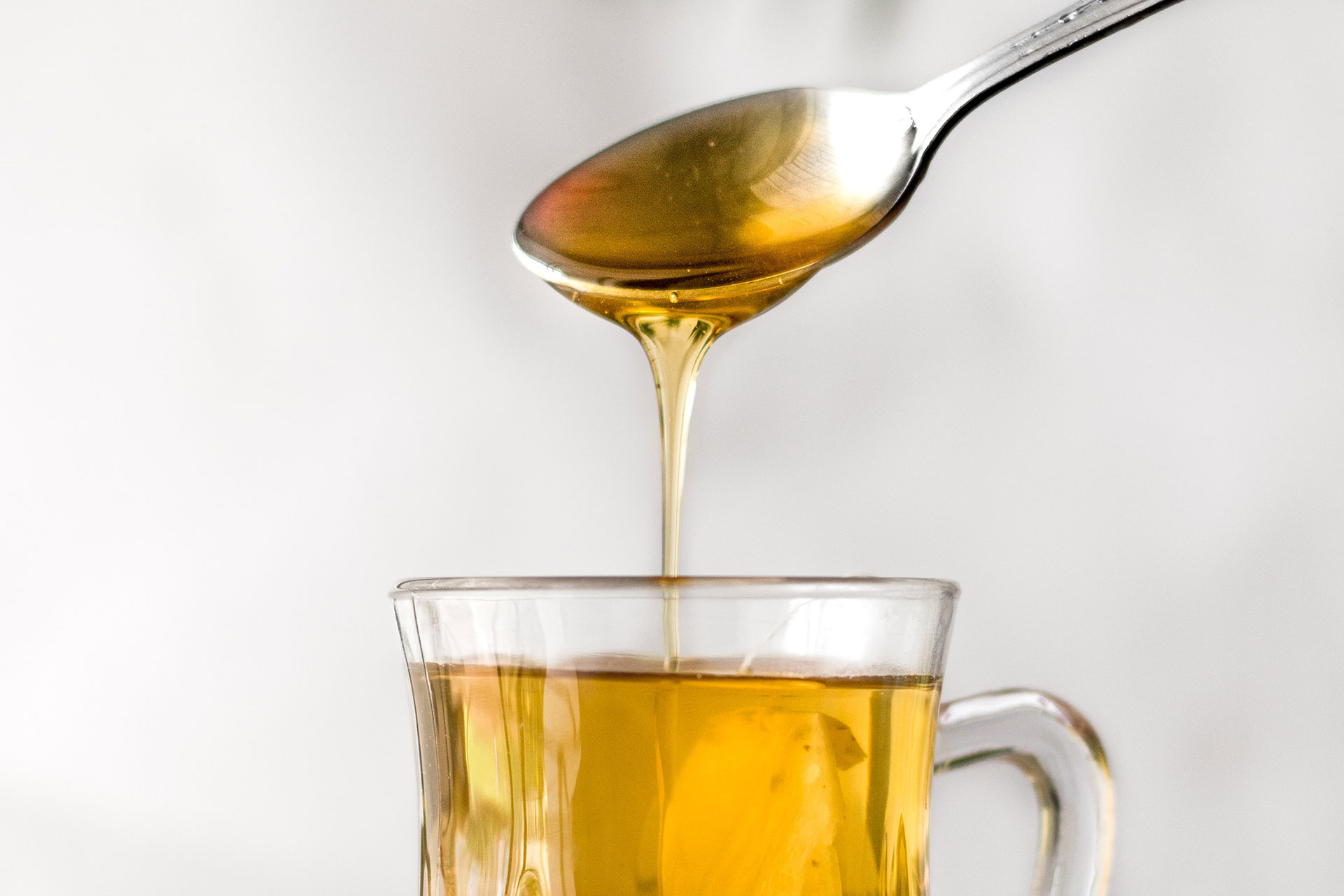Coughing is annoying but important

As the autumn season approaches, the sound of coughing becomes a common occurrence in households. Despite the annoyance, coughing serves a vital purpose. Coughing is a natural reflex that plays a crucial role in preventing airway blockages, eliminating dirt and mucus, and maintaining respiratory hygiene. When receptors in the airway walls are irritated, signals prompt the respiratory muscles to cough and expel unwanted substances. Sneezing, similarly, is a reflex triggered by nasal membrane irritation, where a sharp exhalation attempts to expel irritants from the nose.
Both coughing and sneezing accompany common infections, raising the question of whether it’s necessary to suppress or influence them. In cases of viral or bacterial infections, inflammation of respiratory mucous membranes increases mucus production, irritating cough receptors. Pathogens also exploit coughs and sneezes to spread through droplets, contributing to the infection of others.
Coughs can be debilitating for patients, disrupting sleep and, in some cases, causing vomiting, especially in children. The goal is not to completely suppress this reflex but to alleviate the discomfort associated with a persistent cough.
Most respiratory tract infections are viral, rendering antibiotics ineffective. Regimen measures are crucial before resorting to pharmacy syrups:
Ensure the child stays hydrated with water or child-friendly herbal tea – please see SHS article “Tea – one of the best natural way to fight the flu”
Adding a teaspoon of honey to a lukewarm drink can be as effective as cough syrup.
Maintain proper ventilation to prevent airway dryness and irritation.
Consider using a home inhaler with mineral water or physiological solution.
Home remedies like ivy, thyme, primrose extracts, and honey can also aid in relieving cough symptoms.
Address nasal congestion with saline rinses or Vincentka and Steam Inhalation (Please see SHS article “Steam Inhalation as help with respiratory infection”).
appropriate nasal drops, only if needed – firstly trying herbal ones.
Coughing can also be supported with natural preparations with ivy, thyme or primrose extracts.
When choosing a cough preparation, differentiate between antitussives for dry coughs and mucolytics for productive coughs. Avoid combining multiple preparations and be cautious with central nervous system-affecting medications, especially for children.
For prolonged coughing, especially in children, allowing time for recovery is essential.


Responses